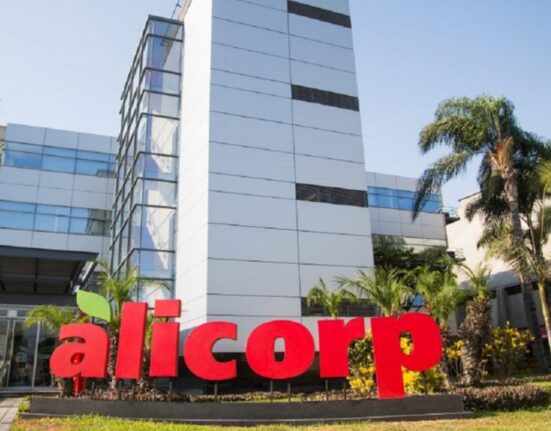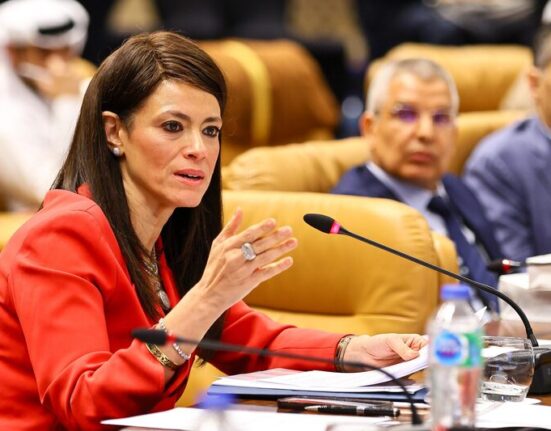In the realm of digital finance, Panama is emerging as a potential trailblazer thanks to the visionary endeavors of Mayor Mayer Mizrachi. While El Salvador laid the groundwork for embracing Bitcoin, Panama City’s mayor has embarked on a mission to propel his city into the forefront of Central America’s cryptocurrency revolution.
Mizrachi, with a background steeped in tech innovation and entrepreneurship, is spearheading initiatives that could redefine how cryptocurrencies are integrated into everyday financial transactions. By exploring avenues to incorporate Bitcoin and other digital assets into Panama City’s monetary landscape, he aims to position the city as a beacon of modern financial technology within the Americas.
“Panama City has immense potential to become a hub for digital finance,”
remarked Mizrachi during one of his recent public addresses. The mayor envisions a future where residents can seamlessly conduct various financial activities using cryptocurrencies like Bitcoin, Ether, and stablecoins such as USDC and Tether.
One of Mizrachi’s groundbreaking proposals involves enabling citizens to pay taxes, fees, and fines through digital currencies. Teaming up with a local bank to facilitate real-time conversion of crypto payments into dollars underscores his commitment to streamlining financial processes without necessitating extensive legislative modifications.
However, Mizrachi’s ambitions extend beyond merely incorporating cryptocurrencies into daily transactions. Drawing inspiration from El Salvador’s strategic move in acquiring Bitcoins for national reserves, he floated the concept of establishing a city-level Bitcoin reserve exclusive from national regulations. This bold step hints at Panama City potentially serving as an experimental ground for broader crypto adoption strategies.
Amidst these innovative propositions lies an audacious idea that captured global attention – providing priority access through the famed Panama Canal to ships paying tolls in Bitcoin. Advocates argue that this unconventional approach could revolutionize global shipping by leveraging blockchain technology in one of the world’s critical maritime trade routes.
Nevertheless, critics have voiced concerns about the feasibility and repercussions of such ventures. The inherent volatility of Bitcoin raises apprehensions about its impact on Panama’s economic stability if substantial canal dues are transacted in such fluctuating currency values. Additionally, questions regarding cybersecurity vulnerabilities and compliance with international standards loom large over these avant-garde plans.
Supporters laud Mizrachi’s forward-thinking mindset as crucial for positioning Panama as an influential player in reshaping traditional banking paradigms through cryptocurrency adoption. They believe that by embracing digital assets like Bitcoin, Panama could potentially mitigate banking delays, reduce transaction costs significantly, and democratize access to canal services for smaller shipping enterprises.
As discussions around Panama’s crypto future gain momentum, Mizrachi advocates against hastily enforced regulations inhibiting organic growth within this burgeoning sector.
” Don’t touch it… let it function,”
he emphasized during his speech at the recent Bitcoin 2025 conference in Las Vegas. His stance underscores the importance of allowing cryptocurrencies room to evolve naturally before imposing regulatory constraints.
While national authorities have maintained cautionary silence regarding Mizrachi’s radical proposals due to past legislative setbacks related to crypto regulations in Panama—the country continues fostering dialogues on blockchain technologies while refraining from taking decisive steps towards widespread cryptocurrency acceptance.
Despite these being early-stage deliberations rather than concrete policies thus far—Mizrachi’s proactive engagement signals a promising trajectory for enhancing Panama City’s standing within the dynamic realm of cryptocurrencies.
Whether these pioneering initiatives will cement Panama as an emblematic figure alongside El Salvador in advancing cryptocurrency integration remains uncertain but indisputably intriguing—for now marking it as another key contender shaping Latin America’s evolving crypto narrative.









Leave feedback about this